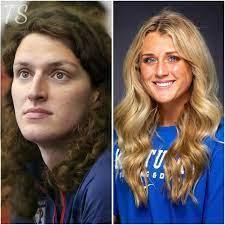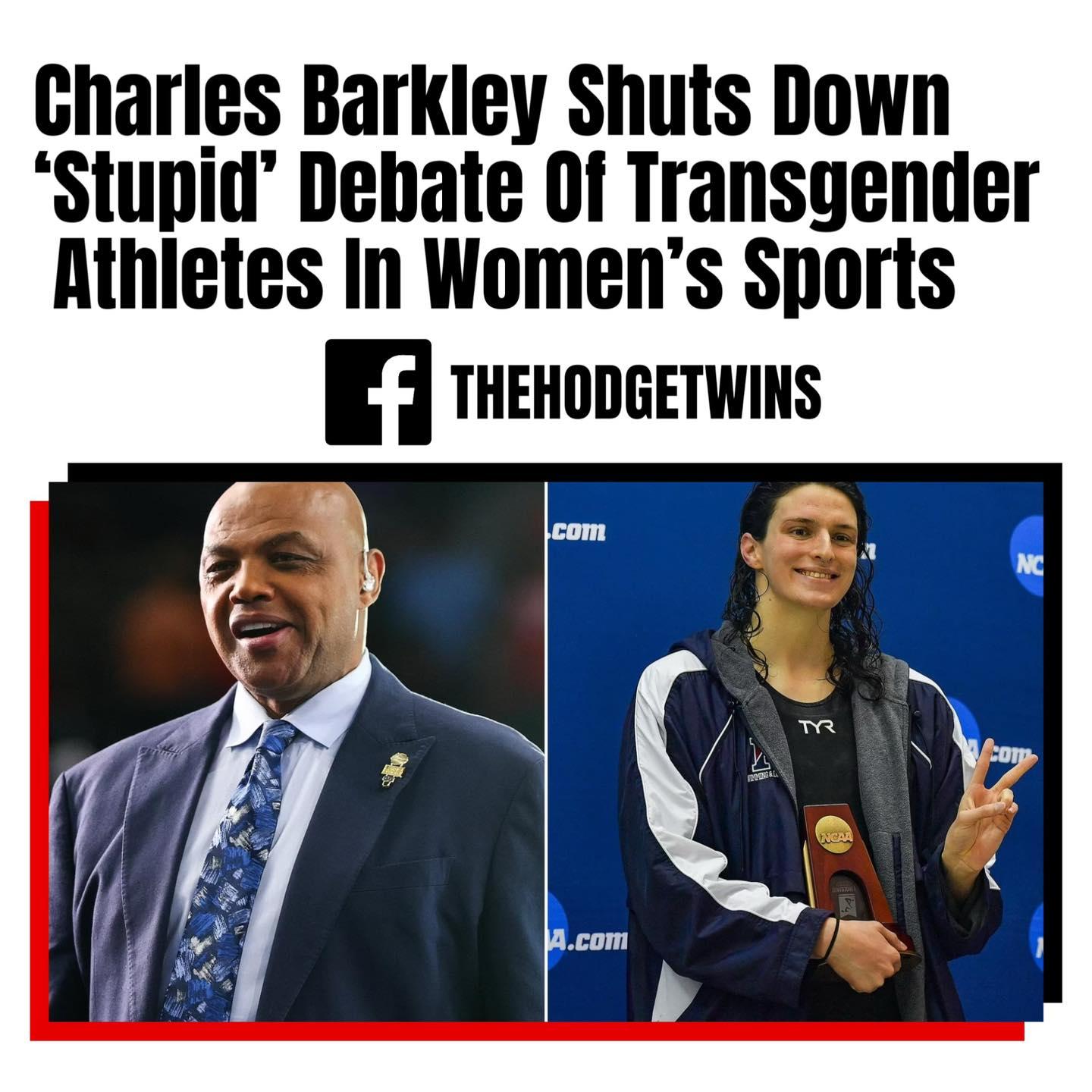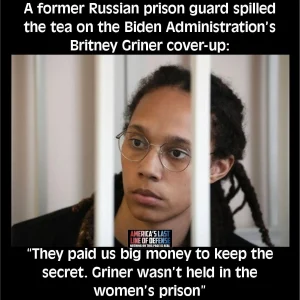NBA Hall of Famer Charles Barkley has weighed in on one of the most polarizing topics in modern sports and society, firmly expressing his belief that men should not be allowed to compete in women’s sports. Speaking candidly during an appearance on Dan Dakich’s show on Outkick, Barkley dismissed the ongoing debate around transgender athletes as “stupid” and made it clear that he believes the lines between men’s and women’s sports should remain unblurred.

“I’m gonna make this very simple for you, Dan. Men should not play sports against women,” Barkley stated, avoiding the more technical or legal aspects of the issue and instead focusing on what he sees as a common-sense approach. His comments come in the wake of heightened national discourse surrounding gender identity, sports fairness, and inclusivity, further fueled by recent political developments, such as the re-election of Donald Trump and reports that Nike funded a study concerning transgender youth in sports.
Barkley’s take adds yet another high-profile voice to a conversation that has drawn in athletes, lawmakers, advocacy groups, and the general public. What makes his stance particularly noteworthy is his simultaneous declaration of full support for the gay and transgender communities. “I support the gay community 100%. I support the transgender community 100%,” Barkley said, making it clear that his opposition to transgender women competing in women’s sports does not stem from prejudice but from what he believes is a matter of competitive integrity.
This distinction is crucial. Barkley’s remarks reflect a broader tension within the debate: the clash between advocating for inclusion and maintaining what some perceive to be fairness in athletic competition. His statement—“If anybody thinks that, I think they’re stupid”—signals a lack of patience for opposing viewpoints but also a personal conviction that transcends political correctness or social pressure. “If anybody has a problem with that, they’re gonna have to get over it because I’m not gonna change my [mind]. I just think it’s wrong, period,” he asserted.
His comments come at a time when the sports world is under increasing scrutiny regarding how to handle the participation of transgender athletes. Various sports governing bodies have implemented differing policies, some allowing transgender women to compete in women’s categories under specific hormone level guidelines, while others have enacted outright bans. These policies often result in heated debates, as critics argue that allowing transgender women to compete in female divisions may compromise fairness due to potential physical advantages developed during male puberty, while advocates insist on the rights and dignity of transgender individuals to participate in sports consistent with their gender identity.
Barkley’s voice adds cultural weight to the conversation, not only because of his fame but because of his long-standing reputation for speaking bluntly and without concern for backlash. In a media landscape where statements on sensitive topics are often heavily filtered, Barkley’s unambiguous position resonates with many who share similar concerns but may hesitate to express them openly.
However, his remarks are also likely to draw criticism from LGBTQ+ advocates who see restrictions on transgender participation in sports as discriminatory and harmful. They argue that excluding transgender women from women’s sports reinforces stigmas and can further marginalize already vulnerable populations.

Still, Barkley insists his position is not rooted in hatred or exclusion but in what he sees as a basic and immutable truth about fairness in competition. His simultaneous defense of transgender and gay rights suggests he wants to separate the issue of competition rules from broader human rights concerns—a line that may not be acceptable to all but is clearly drawn in his own mind.
In the end, Barkley’s stance is bound to stir discussion. Whether seen as a brave assertion of common sense or an oversimplification of a deeply complex issue, his comments reflect the deep divisions that remain over how to balance inclusion with fairness in the evolving world of sports.






